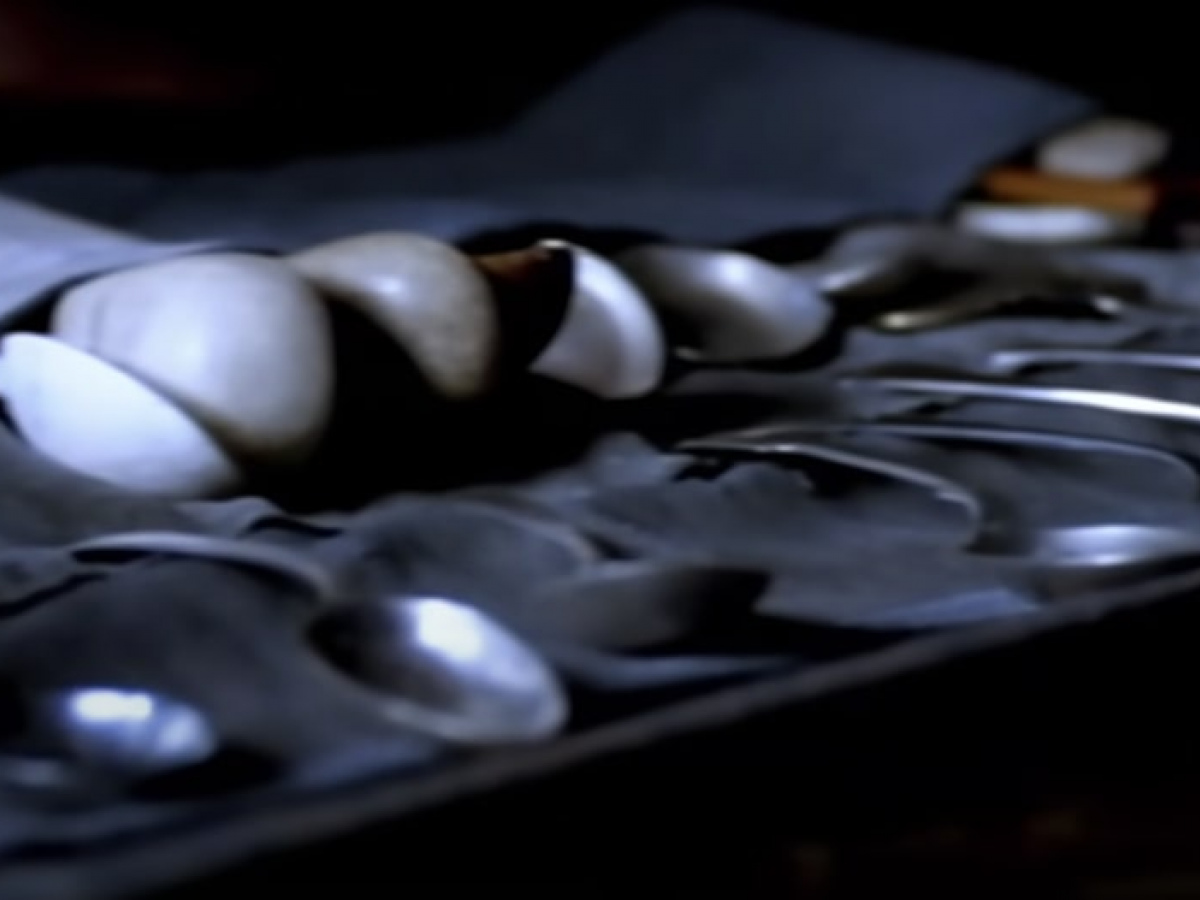Spoon theory: Employing diverse workers
During a chat with a dear and valued client the other day I realised that I am extremely fortunate to work in this industry and work with such a hugely diverse and honest and humane bunch of people.

During a chat with a dear and valued client the other day I realised that I am extremely fortunate to work in this industry and work with such a hugely diverse and honest and humane bunch of people.
Firstly, my client mentioned that he would love to employ disabled people but was a bit nervous about it. Knowing some of the people he works with I countered with the fact that he already does employ a variety of disabled people and deals very well with their diversity. So much so that he may or may not have mentioned that he got a 100% team rating from his employees as their leader recently.
Secondly, I realised that our team at Access Advisors is also a hugely diverse bunch of people both culturally and otherwise. Culturally, we have people from New Zealand, Australia, France, Britain (although he is also now a Kiwi too) and Philippines. This means that there can be cultural issues, and accents, at play on many an occasion.
Our team also has a variety of chronic medical issues, mental health issues and disabilities of diverse types. And yes, I do believe our diversity is more than the average workplace. All of us have either personally lived with a chronic illness or disability or lived with someone who has a chronic illness or disability for most of our lives. This is probably part of what makes us good at our jobs.
As a team of disability-aware folks, we all know about ‘spoon theory’ where spoons stand for finite units of energy. [To be honest some of us didn’t but we all do now]. Spoon theory is a concept that helps people with chronic illness and disabilities explain how much energy or otherwise they may have on any given day.
The theory basically states that we all have a certain number of spoons per day which represent how much energy we have available to us on that given day. Energy, for many of us, is limited and depends on many factors including stress levels, societal barriers, how we’re sleeping, pain levels, medical demands, etc.
It doesn’t matter whether you are big or small, a wheelchair user or blind, or a busy parent, we all have the same number of spoons per day to achieve all the things we need to achieve. Typically, it takes one spoon to get up and ready, one spoon to get to work, one spoon to cope with work, another to get to the gym, one to spend having fun with your mates in the evening, etc. etc.
But for disabled or chronically ill people however, more of their spoons are used to deal with barriers society puts in their way, or dealing with medical appointments, pain, stress etc. For people dealing with chronic illness who may not be sleeping well, they have less spoons to use the next day. For anyone having a rough mental health day, extra spoons may be used just getting out of bed and dealing with the ‘black dog.’
But back to our story, on Monday mornings our team has a weekly catchup online from around the country. At these half-hour sessions we discuss what we did at the weekend, and then plan the work week ahead, discussing any absences or blockers we might face. We also have virtual daily standups where we can post where we are or what we are doing.
Just like any other business, our Monday morning sessions and our virtual standups include a variety of discussions that have nothing to do with work. How did the kids do at sports, how the renovations are going, when the family will return from overseas, whether the dog learned a new trick, what trains were around this weekend, for example.
But the difference is that our team, in its splendid diversity, seems to have acknowledged that as well as what activities occurred it is also ok to discuss how our spoons, and we, are doing.
For example, I had a tough day not that long ago and using the online daily stand-up channel I announced that my spoons were scattered, and I was struggling to collect them so would be unavailable. Everyone understood, coped, supported, and picked up the slack.
Another team member recently announced that their computer wasn’t behaving and that they were struggling, and they had ‘thrown their spoons’ and were taking the rest of the day off. Another team member felt comfortable enough to announce that their weekend had not been so great from a mental health perspective. And the whole team nodded and sent positive thoughts.
For me, this is the first time in my 30+ years working life that weekly and daily standup sessions have included such honesty and humanity. I just want to acknowledge that I work with some amazing humans, and I genuinely love what I do for a living. Thank you to all our clients who trust us and our team that makes what we do so real, humbling, and worthwhile.
May your spoons be plentiful and exactly where you need them to be.
- “Thanks for your patience everyone. You know I’m usually cool as the proverbial cucumber and could put up with the difficulty of using Teams. It’s just one of those days when one has lost one’s spoons and mental health is at 5%.”
- “My spoons are scattered across the floor this morning”
- “May your spoons be eventually sorted and beautifully arranged.”
- “I suspect the laptop was the biggie for spoons destruction”
- “Spoons are bent and mangled”
And here is a great piece of relevant music about a street artist:
